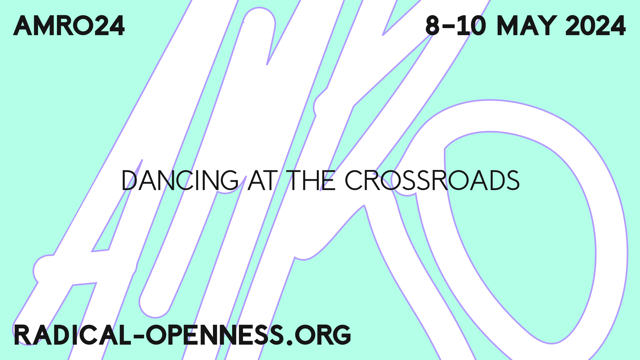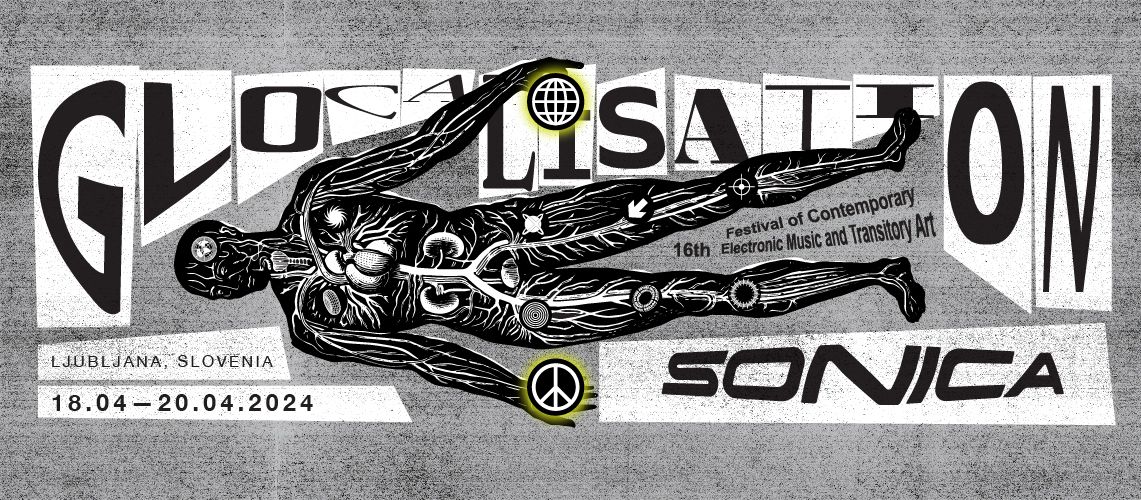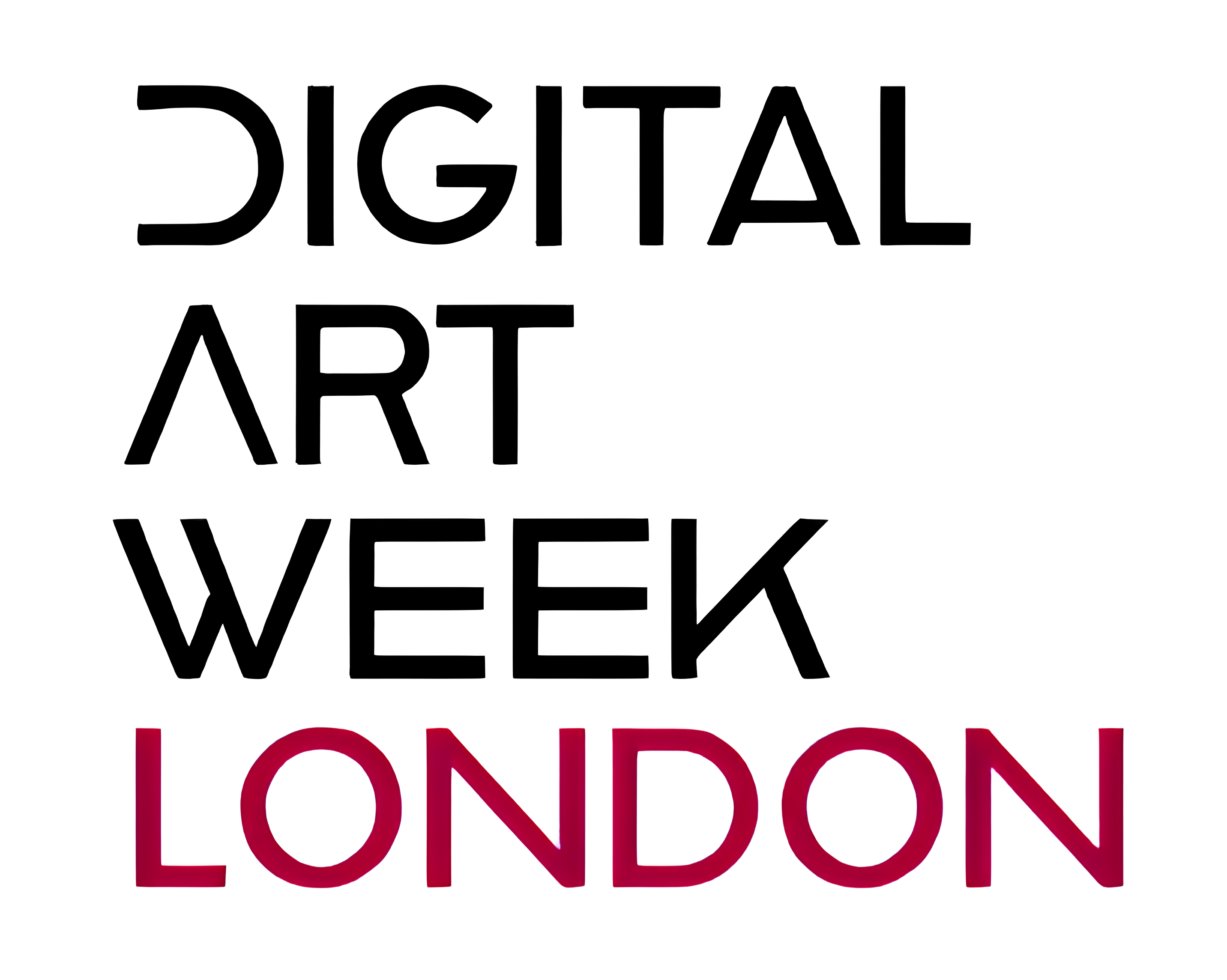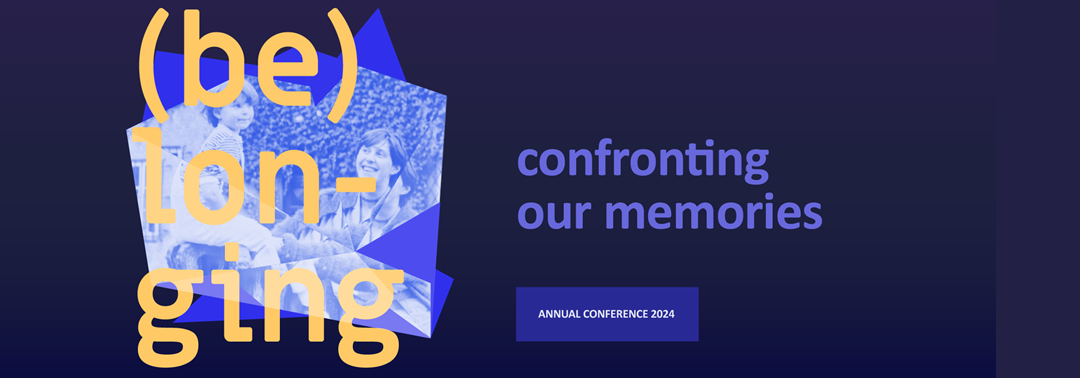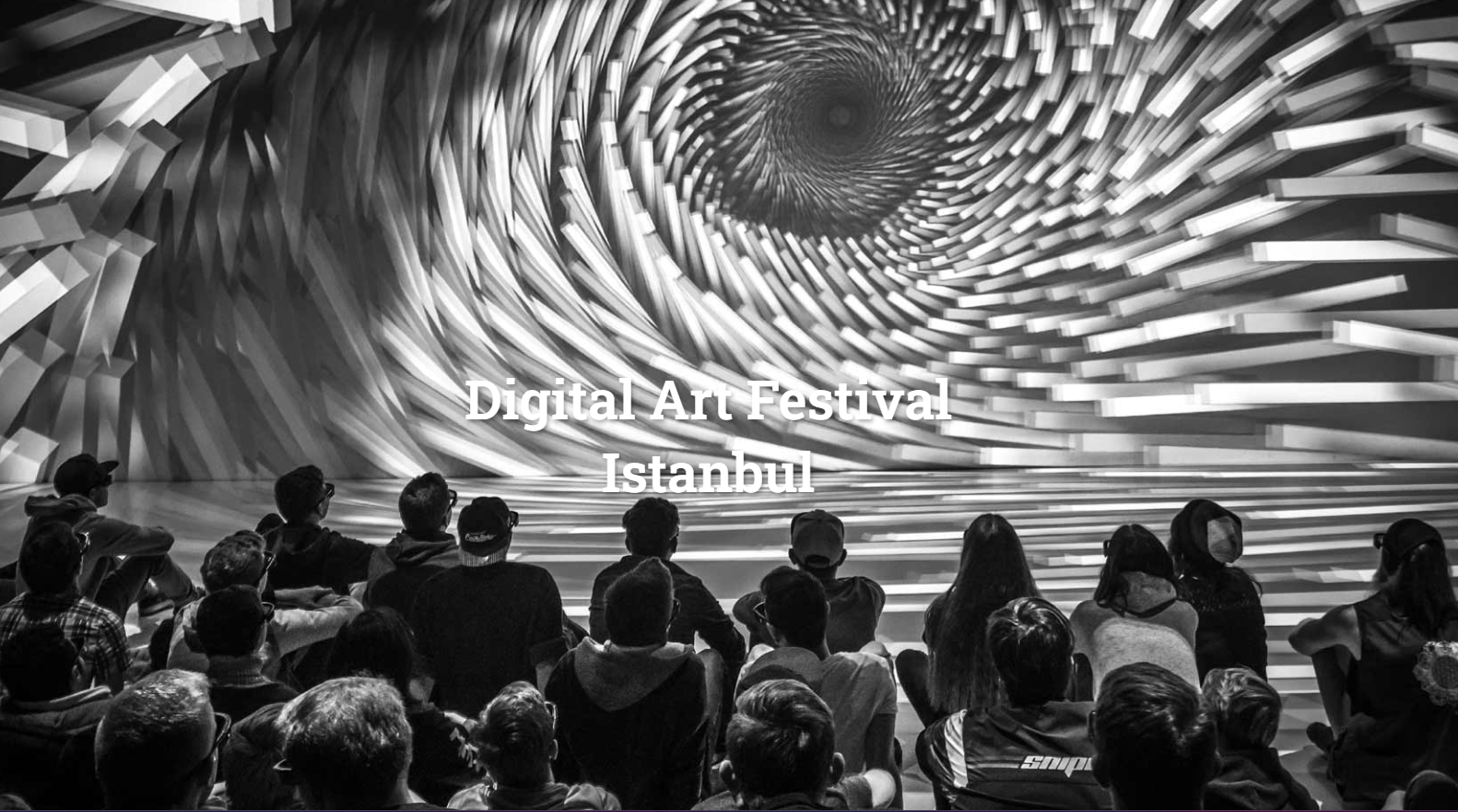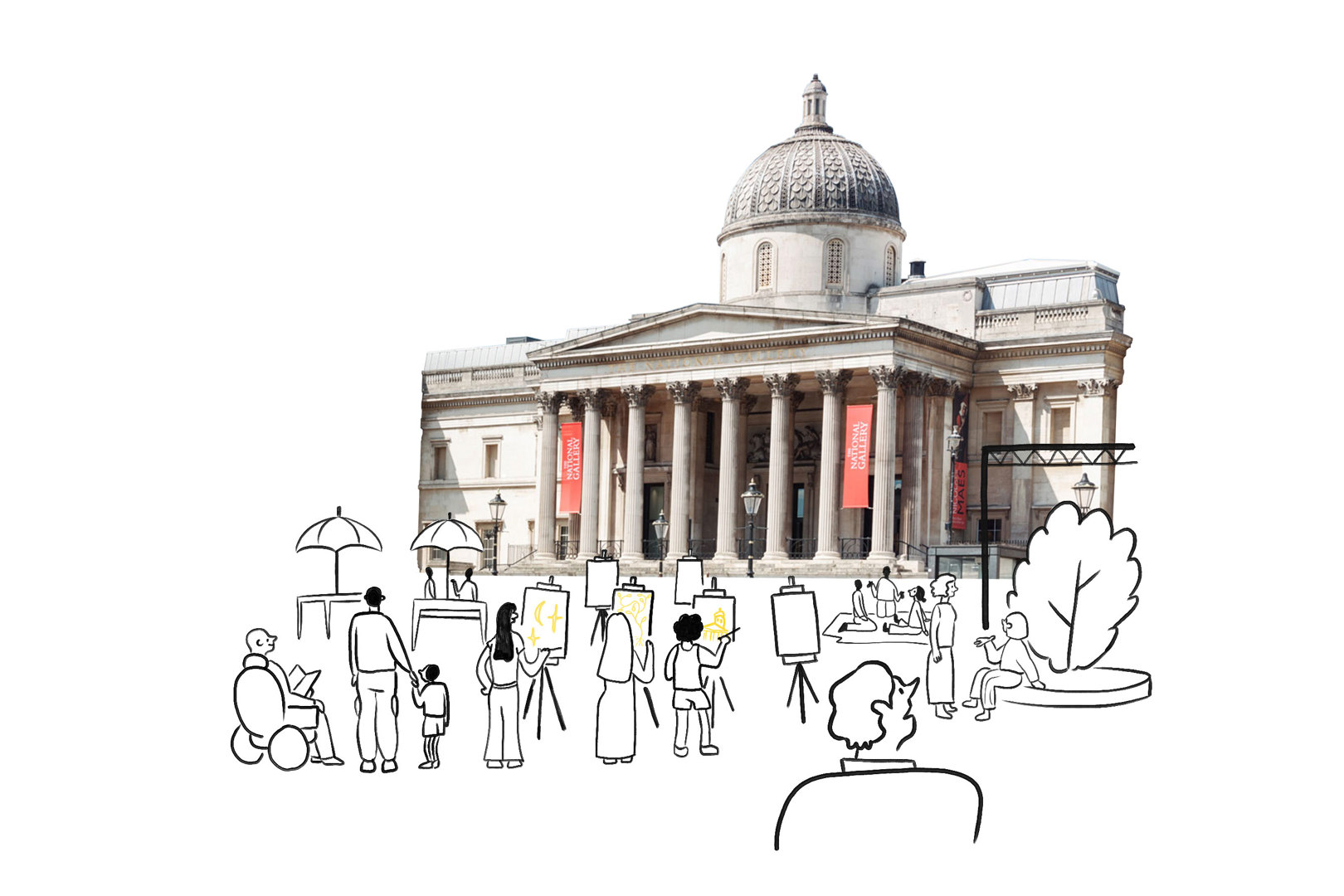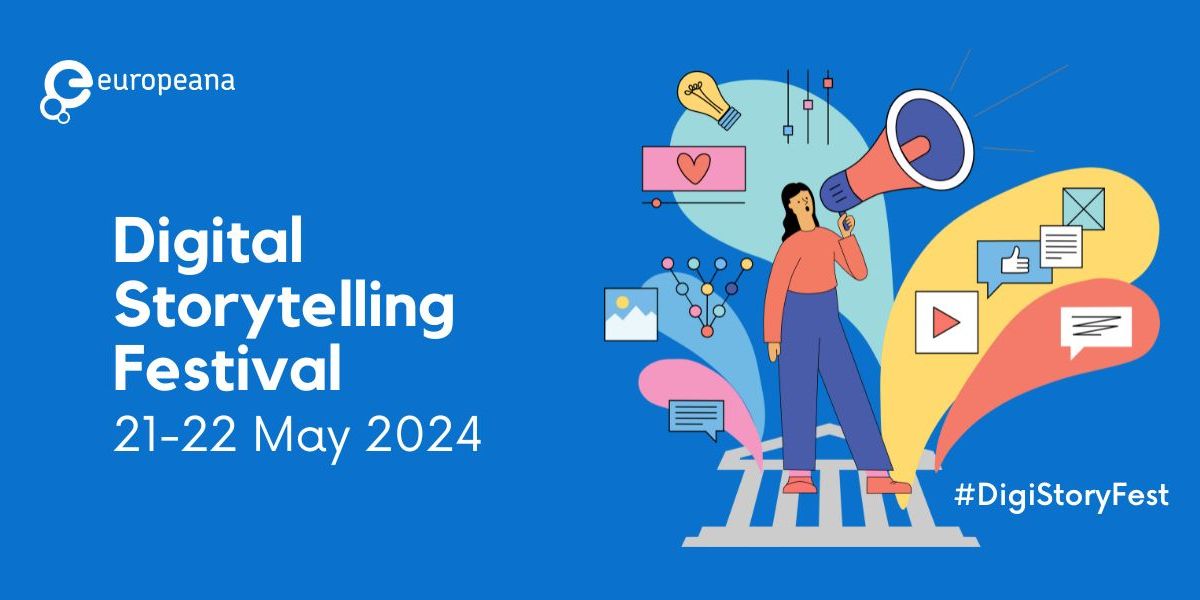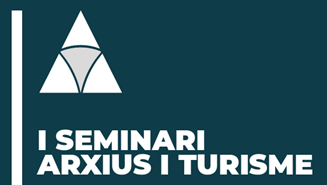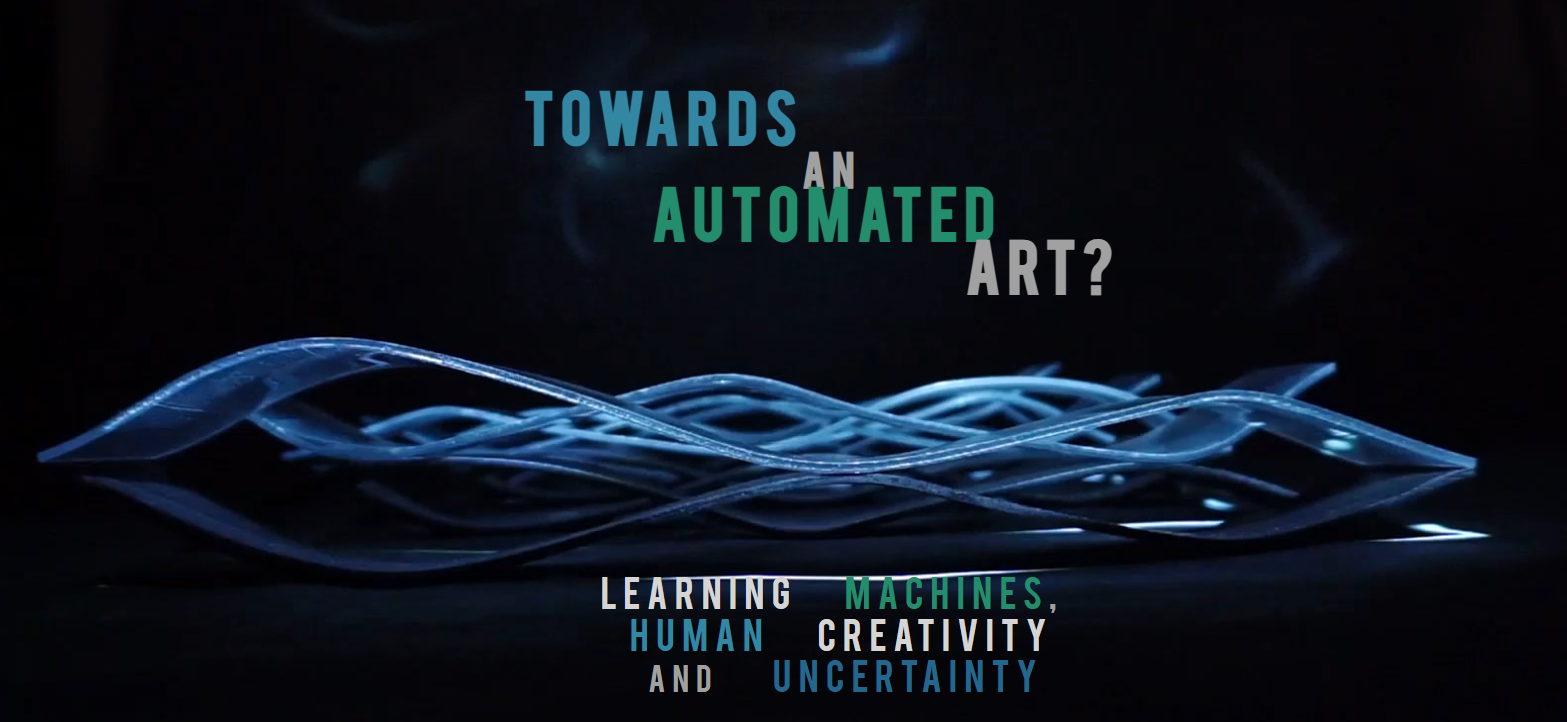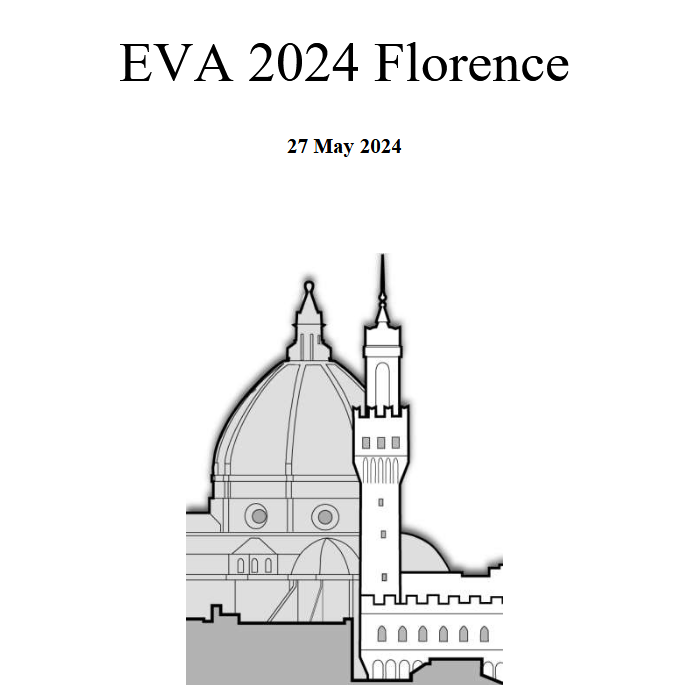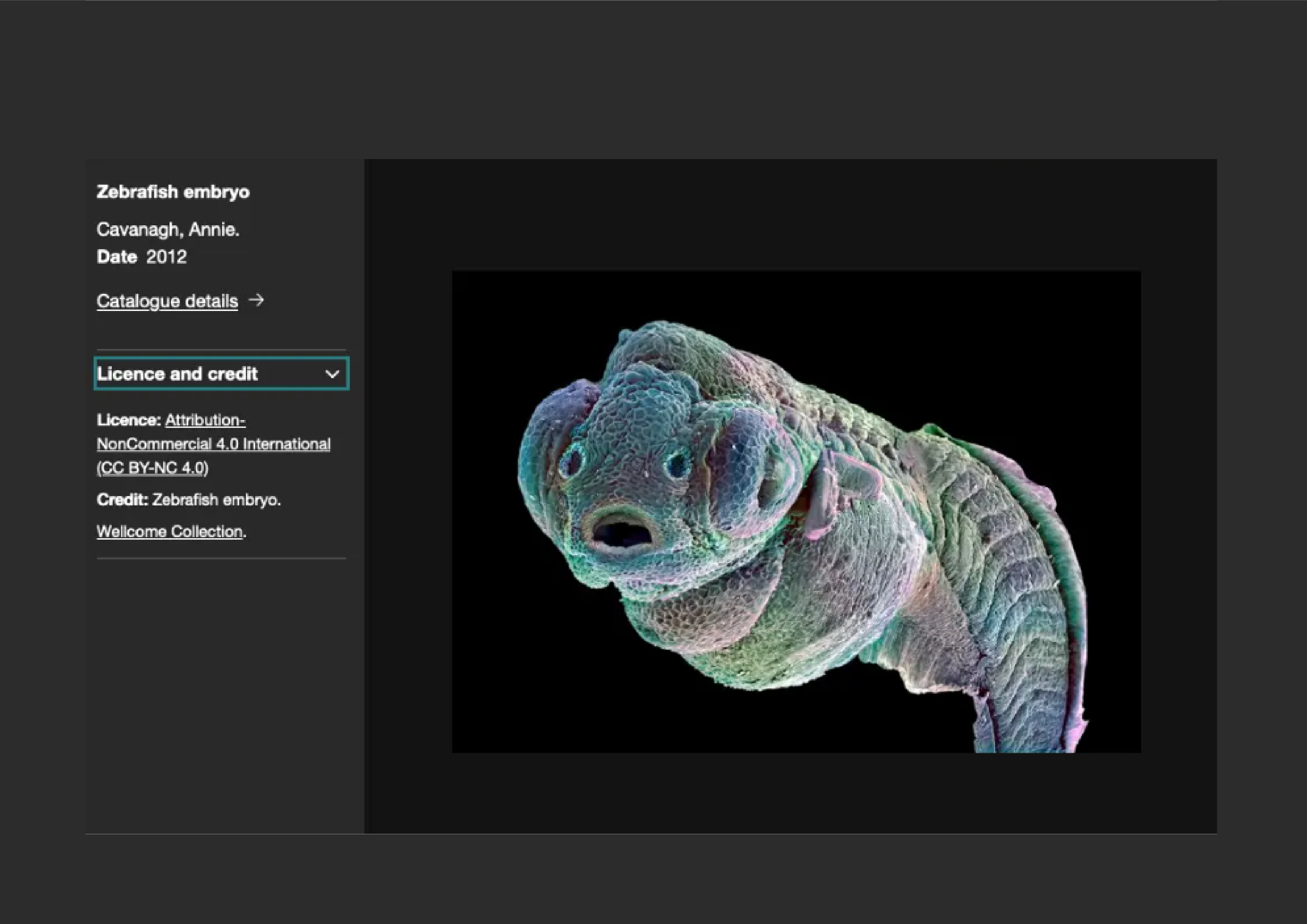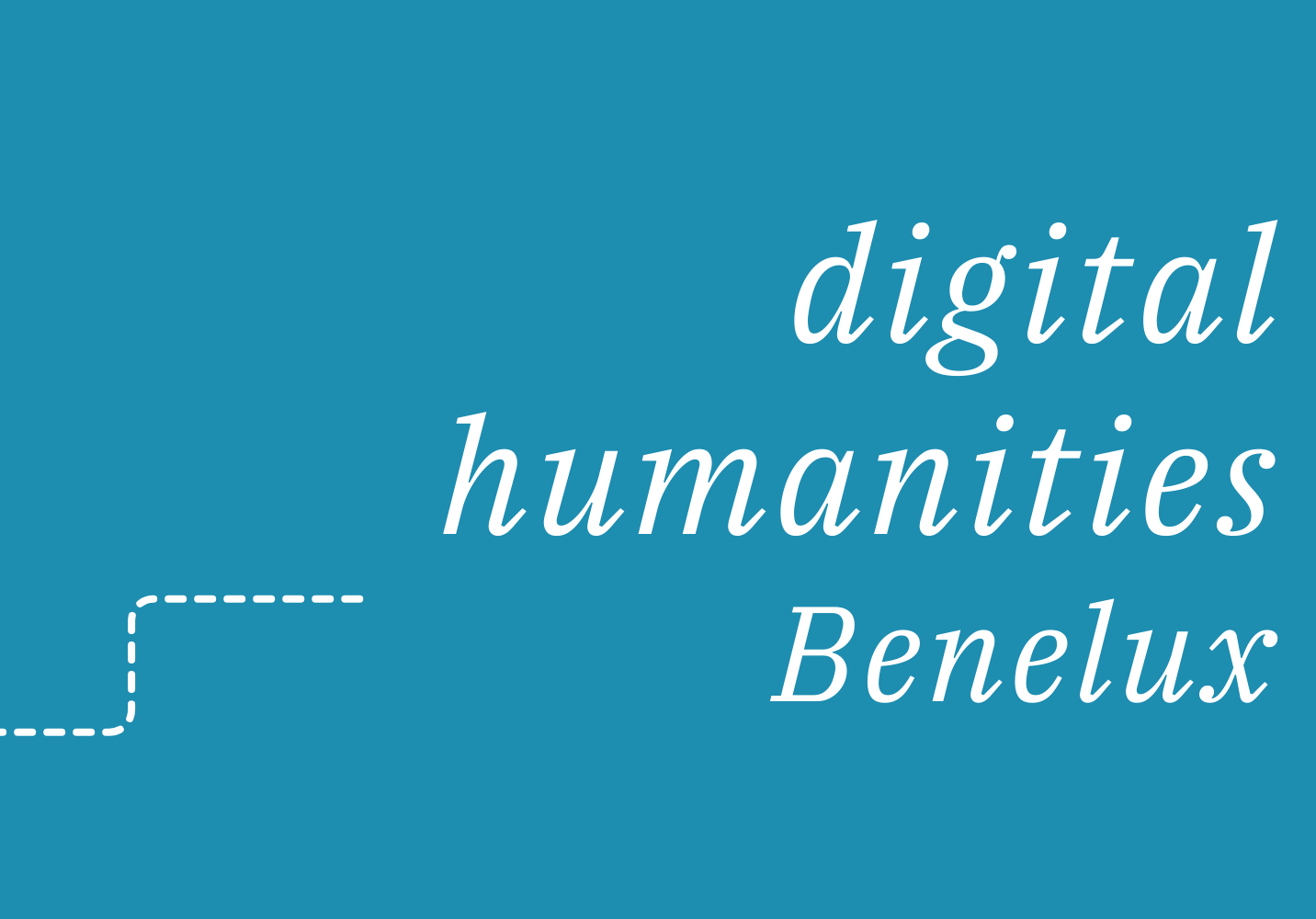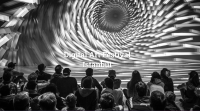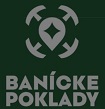-
Join the
Digital Meets Culture
Newsletter! -
Join the
Digital Meets Culture
Open Newsroom! If you have interesting news and events to point out in the field of digital cultural heritage, we are waiting for your contribution.
If you have interesting news and events to point out in the field of digital cultural heritage, we are waiting for your contribution.
-
Free text
-
-
Upcoming events
-
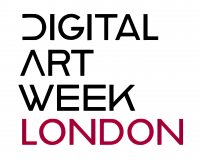 London, April 22-28, 2024. The call for speakers will run until March 30, 2024
London, April 22-28, 2024. The call for speakers will run until March 30, 2024Digital Art Week is a week-long city-wide takeover of the world’s leading cultural capitals for digital artists, tech innovators, and digital fashion pioneers to collaborate and push the boundaries of what’s possible in the fusion of art and technology. … Continue reading →
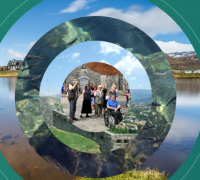 New IN SITU survey
New IN SITU surveyThe IN SITU project that participates in the INCULTUM network of common interest launched a survey investigating the innovation potential of cultural and creative industries (CCI) in non-urban areas. Focusing on IN SITU’s six Lab regions, the survey aims to … Continue reading →
Topic: past events
On the 12-13 November 2013, at the Jerusalem’s Van Leer Institute, is being held the Xth Annual International Event for Professionals in Cultural Heritage and Advanced Technologies. Scholars from all-over-the-world are invited to share their latest projects with the colleagues with a seven-minutes spot-light. Continue reading
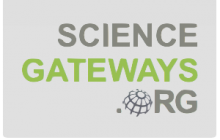
Sciencegateway.org organises a Science Gateway Institute workshop co-located with IEEE Cluster 2013 Conference. Papers will be co-publishing in a special issue of Concurrency and Computation, Practice and Experience (http://www.cc-pe.net/journalinfo/) together with selected papers presented at the International Workshop on Science Gateways 2013 (http://www.iwsg2013.org). Continue reading

The goal of the course, organised in 4 webinars, is to create the skills to integrate scientific applications in Science Gateways implemented with the Catania Science Gateway Framework. This will allow the creation of an intercontinental team of deveopers able to respond to requests of integration of specific applications from Virtual Research Communities all around the globe. Continue reading

TERENA and SURFnet has organized the second VAMP workshop on September 30th & October 1st, 2013 in Helsinki, Finland. Goal of VAMP2013 was to foster the deployment of identity management and collaboration tools within the research communities. The organisers invited … Continue reading
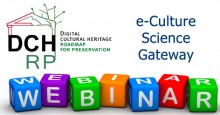
The general architecture of the DCH-RP e-Culture Science Gateway (e-CSG) and its web-based and mobile app implementations are the subjects ot this webinar which is organised by the DCH-RP project and also supported by the European Grid Infrastructure. Live demonstrations about how to access and use the e-CSG, both as end-user and repository manager, will be provided. Continue reading
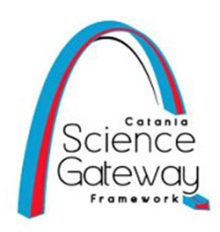
The general architecture of the Catania Science Gateway Framework and some of its implementations are the subjects of this webinar which is jointly organised and supported by CHAIN-REDS, eI4Africa and EGI-InSpire projects. At the webinar attended more than 30 international experts worldwide. Continue reading

Multilingualism is crucial especially in a European context. The seminar has presented one of the achievement of the Linked Heritage Work Package 3 with the Terminology Management Platform (TMP) and brought together other European and national initiatives creating and developping multilingual terminology resources or tools for managing or reusing them. Continue reading
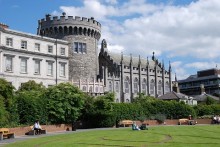
The Linked Heritage project (a 30 months Best Practice Network project founded by the EC) now draws to the end of its life and in Dublin the partners will have the possibility to discuss the latest commitments in view of … Continue reading
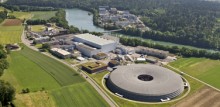
Federated identity management (FIM) in general and federated identity management for research communities (FIM4R) is an arrangement that can be made among multiple organisations that lets subscribers use the same identification data to obtain access to the secured resources of all organisations in the group. Specifically in the various research communities there is an increased interest in a common approach to FIM as there is obviously a large potential for synergies. Continue reading

Between 8th and 12th of April 2013, EGI.eu and UK NGI, a partnership between GridPP and the National e-Infrastructure Service (NES), hosted the Community Forum 2013. The event, which was hold in Manchester in conjunction with the 3rd EMI Technical Conference, was very successful and provided a great opportunity to reflect upon the growing diversification in usage of the European Grid Infrastructure from across all research disciplines as well as the widening international collaboration that is taking place. Continue reading


